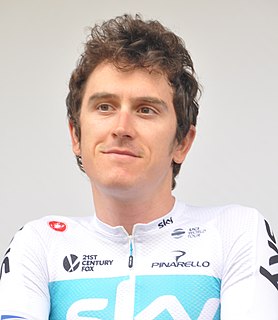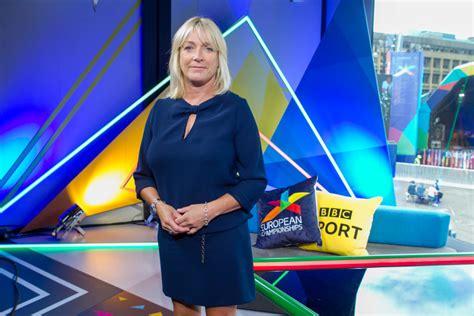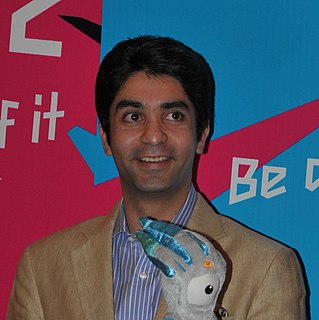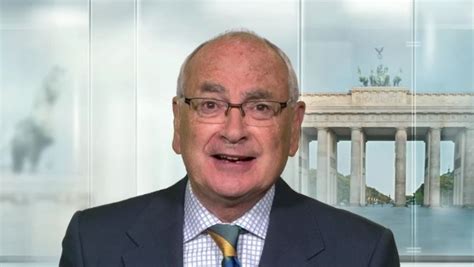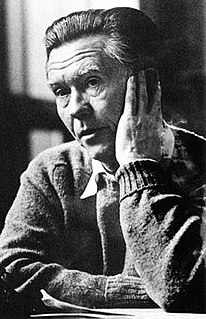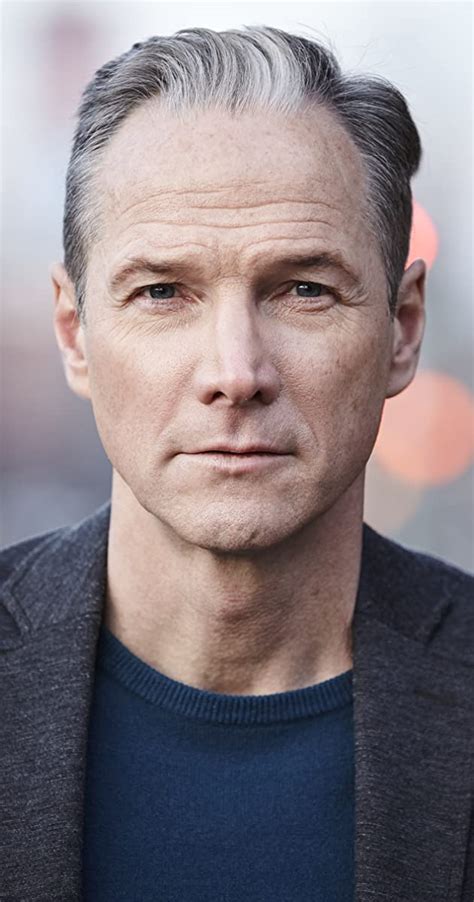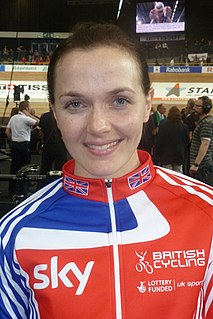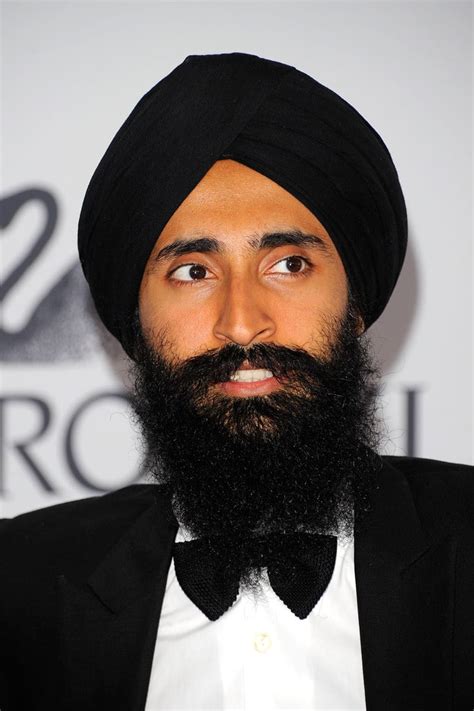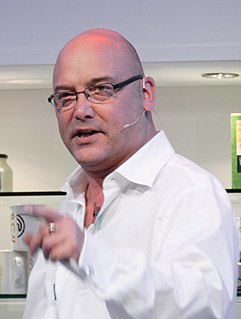A Quote by Geraint Thomas
I was fortunate to be born when I was. There's been a massive rise in British cycling since I joined the junior programme when I was 17. It all started in 2004 when Chris Hoy won gold for the 1 km. time trial in Athens; when one person starts doing well, they take everyone with them.
Related Quotes
I do not think the British want to become America's "Airstrip One," as the British Isles are called in George Orwell's "1984." The EU's internal market was a massive success even before the UK joined it, and it joined because there was no real alternative. So while British tabloids are expecting to be punished by Germany, Brexit is punishment in itself.
It's a group of men - Conor included - everyone is so collaborative and cooperative, kind, considerate, very professional. And they know their craft. They know it very very well. There's no room for messing around. It's not messy at all. When I go in at this level, when I get the opportunity to play and work at this level, it's at the top of the game. I think, in life, we rise to whatever the bar is. I've been fortunate to rise with them.
I went to this massive co-ed school for the first time when I was 16. Everyone there had been together since elementary school, and I found it quite difficult, especially when I'd never stepped into a classroom with boys. So I started looking out in the community for a social outlet. I started getting involved in student films and community theater. Acting began as a hobby.
I think, ever since I started doing well commercially, it's always been like, 'Oh, well, you're only where you are because of your dad, and it must be because of Mark Ronson and Greg Kurstin that you do well.' It's just everyone apart from me is responsible for the songs that I've written selling millions around the world.
I became an air display pilot. I used to teach it. I was an examiner for a few years as well. It was great fun. I would still be doing it now if pretty much everyone I knew who was doing it hadn't died. In the first team I joined there were six people in it. By the time I stopped, there was only me and one other left - everyone else had died.
In the UK cycling was very popular until the end of the 1950's but it really lost out to our love affair with the car. Regaining a culture where cycling is seen as an everyday part of life requires time and effort. Of course in some British towns it never really went away - just look at Oxford and Cambridge. In other places, where the car has been king for many decades, it takes more time.
